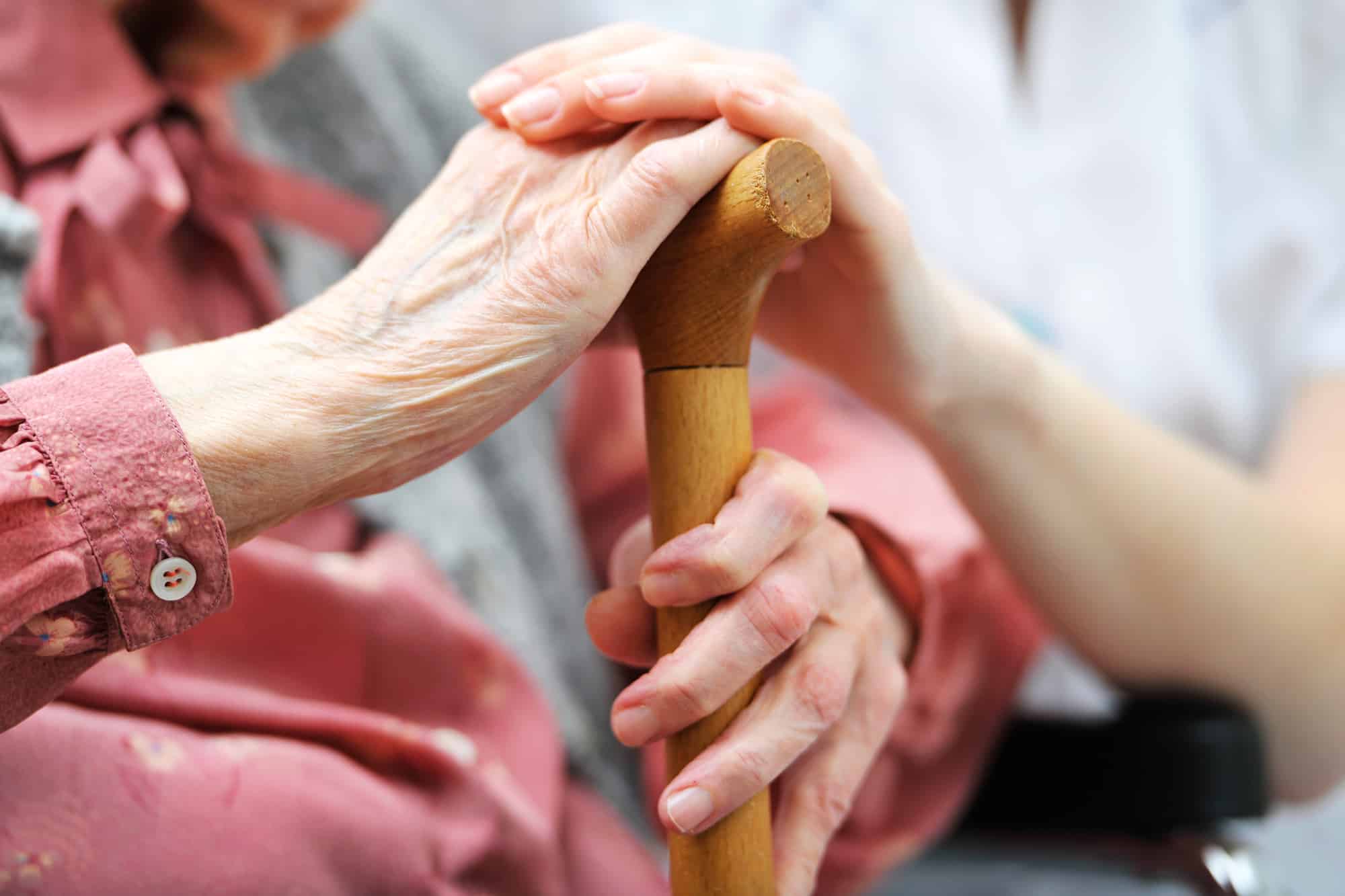Trick Factors To Consider for Families When Picking Appropriate Senior Citizen Care Solutions for Their Aging Relatives
Picking ideal elderly care options for aging loved ones is a nuanced procedure that requires cautious consideration of several factors. Family members should start by evaluating the special requirements of their loved ones, considering case histories, emotional wellness, and individual preferences. The assessment of readily available treatment optionsâEUR" ranging from in-home aid to specialized facilitiesâEUR" must be balanced with an understanding of financial effects and security concerns. As households browse these intricate selections, the function of open communication and partnership can not be overstated, yet numerous neglect vital aspects that could dramatically affect the result.
Assessing Individual Needs

Furthermore, psychological and social needs play a considerable role in the health of elders. An assessment should consider the person's wish for social interaction, pastimes, and support group. Family characteristics and the schedule of casual caretakers must likewise be factored right into the equation, as they can influence the kind of treatment that is most appropriate.
Reviewing Treatment Options

At home treatment provides the advantage of familiar environments and individualized attention, which can improve convenience and psychological health. Alternatively, assisted living facilities use an organized environment with access to on-site treatment and social activities, promoting neighborhood involvement. Retirement home accommodate those calling for extensive clinical guidance, while adult day treatment programs permit seniors to engage in social activities throughout the day, giving break for household caretakers.
It is essential to assess the staff certifications, center licensing, and offered solutions in each choice. Furthermore, households should seek feedback from current homeowners or customers and examine the general online reputation of the treatment service providers. Ultimately, selecting the best care option is a critical decision that ought to reflect a balance in between the elderly's demands, security, and high quality of life.
Understanding Costs and Budget
Navigating the economic landscape of senior treatment can be complex, as numerous alternatives featured varying expenses that can significantly impact a family members's budget. Comprehending these expenses is vital for family members to make educated choices regarding take care of their aging loved ones.
Typical senior care options include at home care, helped living centers, and nursing homes, each with its very own prices structure. At home treatment commonly charges by the hour, while aided living commonly entails month-to-month lease plus additional solution costs.
Producing an in-depth budget plan that describes home health care orlando florida anticipated expenses can aid family members recognize the most ideal treatment service while guaranteeing they stay within their economic ways. By adequately recognizing the prices linked with each choice, family members can better navigate this critical facet of elderly treatment planning.
Ensuring Safety and Safety And Security
Ensuring the safety and security and safety of senior citizens is vital in any care setting, as their susceptability usually requires elevated attention and safety measures. Family members must assess the physical atmosphere of potential treatment facilities, looking for functions such as protected entries, well-lit corridors, and available emergency situation leaves. Additionally, the presence of safety and security equipment, such as grab bars and non-slip flooring, can substantially reduce the risk of mishaps.
History checks on personnel likewise make sure that residents are cared for by credible individuals. Keeping an eye on systems, individual emergency feedback systems (PERS), and drop detection tools supply tranquility of mind for families and instant aid for elders.
Finally, open communication channels between family members and care providers are important. Routine updates relating to the wellness of elders, along with a transparent approach to care strategies, can cultivate trust fund and make sure that security continues to be a main focus in the treatment supplied. By prioritizing these variables, families can make enlightened decisions that safeguard their aging relatives.
Involving Household in Decision-Making

Households ought to start by openly interacting concerning the numerous treatment services available, such as at home care, aided living, or nursing centers. It is necessary to examine the particular needs of the aging family member, including medical demands, wheelchair, and social interaction. By including all appropriate relative, various viewpoints and understandings can be gathered, leading to more enlightened choices.
In addition, family members participation aids in recognizing possible caregivers and developing an assistance network. Regular family members meetings can facilitate continuous discussions and adjustments as requirements transform, permitting households to remain receptive to the progressing situations of their enjoyed one. Eventually, a collective decision-making process urges a sense of common obligation and ensures that the selected treatment solution straightens with the family's vision for their aging loved one's wellness and dignity.
Conclusion
To conclude, choosing appropriate elderly care services necessitates a thorough examination of private requirements, available treatment alternatives, and connected prices. Prioritizing safety within the living atmosphere and cultivating family involvement in decision-making procedures even more improves the performance of care. By aligning care selections with the aging loved one's clinical background, emotional needs, and individual preferences, families can produce a helpful network that advertises health and sensible living for their enjoyed ones in their later years.